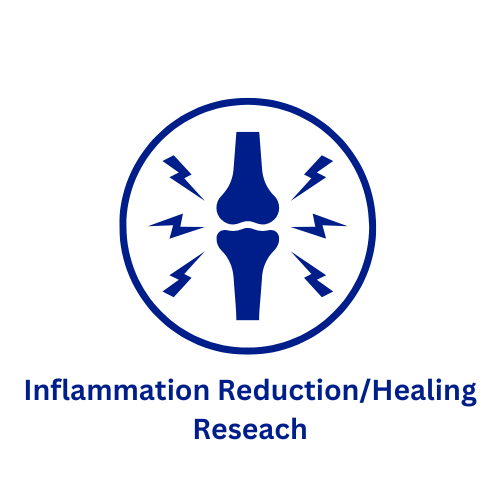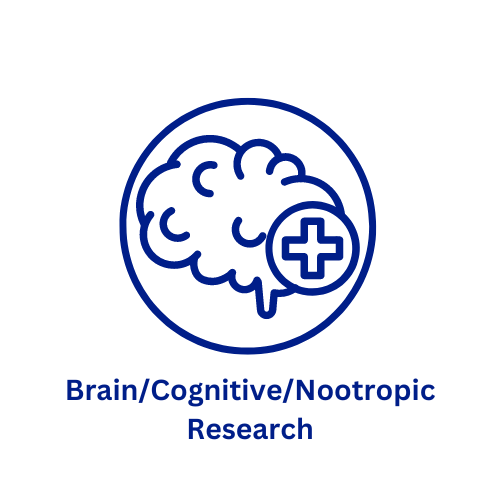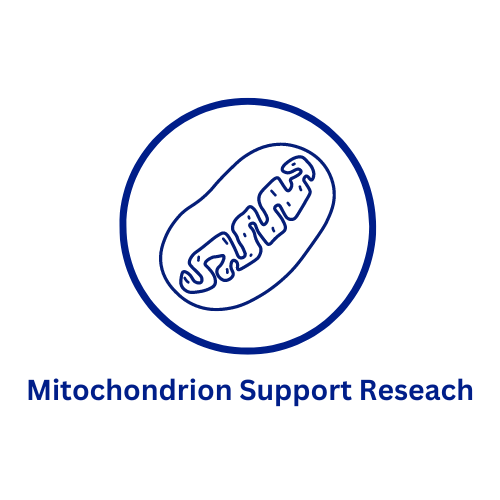Peptide Research
A peptide is a short chain of amino acids linked together by peptide bonds. Amino acids are the building blocks of proteins, and peptides are essentially smaller versions of proteins. Here’s a more detailed look at what peptides are and their key features:
Key Features of Peptides
1. Amino Acid Chains: Peptides consist of two or more amino acids linked together. The specific sequence and number of amino acids in a peptide determine its structure and function.
2. Peptide Bonds: The amino acids in a peptide are connected by peptide bonds, which are formed through a dehydration reaction between the amino group of one amino acid and the carboxyl group of another.
3. Size and Complexity: Peptides can range in size from just a few amino acids (dipeptides, tripeptides) to several dozen amino acids. Larger chains are referred to as proteins once they exceed a certain length (usually around 50 amino acids).
Functions of Peptides
Peptides play a variety of roles in the body, including:
1. Hormones: Some peptides act as hormones, which are chemical messengers that regulate physiological processes. For example, insulin is a peptide hormone that helps regulate blood sugar levels.
2. Enzymes: Certain peptides function as enzymes or parts of enzymes, catalyzing biochemical reactions within cells.
3. Signaling Molecules: Peptides can act as signaling molecules, communicating messages between cells and triggering specific cellular responses.
4. Structural Components: Some peptides contribute to the structural integrity of cells and tissues, providing support and strength.
5. Immune Function: Peptides are involved in immune responses, helping to identify and neutralize pathogens.
Synthesis and Sources
– Natural Synthesis: Peptides are naturally synthesized in the body through the process of translation, where ribosomes build peptides based on genetic instructions.
– Synthetic Peptides: Peptides can also be synthesized artificially for research, medical, and therapeutic purposes. Synthetic peptides are used in drug development, diagnostics, and as tools in biochemical research.
Applications
1. Medicine: Peptides are used in various medical treatments, including hormone replacement therapies, vaccines, and drugs for conditions like diabetes and cancer.
2. Cosmetics: In skincare, peptides are incorporated into products to promote collagen production, improve skin elasticity, and reduce signs of aging.
3. Research: Peptides are essential tools in scientific research, used to study protein functions, enzyme activities, and cellular processes.
In summary, peptides are short chains of amino acids that perform a wide range of functions in the body, from acting as hormones and enzymes to serving as structural components and signaling molecules. They are crucial in both natural biological processes and various applications in medicine and research.
Gut Health Research(3)
Explore the latest findings on how gut health influences immunity, inflammation, and overall wellness.
Immunity Support Research(8)
Discover science-based strategies to enhance immune function through targeted peptide and wellness research.
Inflammation Reduction/Healing Research(11)
Research-driven insights into natural and peptide-based solutions for inflammation and tissue repair.
Weight Loss Research(15)
Explore science-backed insights into weight loss, metabolism, and peptide-based fat reduction strategies.


















